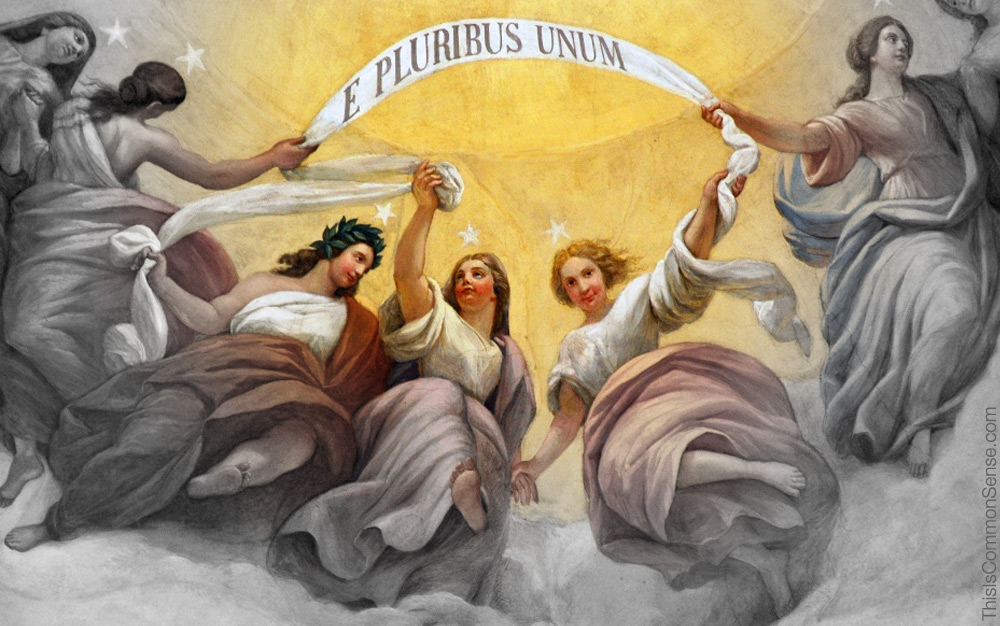“VOTE LIKE YOU,” read the Election Day sign from last November, pictured above Dan Balz’s Sunday Washington Post column about identity politics.
The implication is clear: one should vote for the candidate with the same skin color, of the same race as your own.
Uh, really?
We do want our elected officials to be “like us.” But in terms of values. Not pigment.
Race is completely meaningless in judging a prospective candidate. I want my candidate to think like me, not win the Paul Jacob Lookalike Contest.
On the other hand, those seeking a new cultural revolution — like the Chinese Cultural Revolution, but based on racial and gender and sexual orientation grievances — think it’s fine to push race-based voting, so long as you aren’t pushing whites and … it helps Democrats.
The latest real “culprit” in Hillary Clinton’s 2016 defeat appears to be a lack of enthusiasm and turnout among black voters. Black turnout dropped eight percent from 2012, when President Obama was running for re-election as the first black president, to 2016, when Hillary Clinton, a white woman, was the Democratic standard-bearer.
Balz looked at the 2018 gubernatorial races in Florida and Georgia, where Democrats Andrew Gillum and Stacey Abrams, respectively, both African American, lost but performed far better than Democrats have in recent years in those states in such races.
“Would a white candidate have done better?” he asked.
Perhaps not. But the whole approach stinks. Identity politics is openly the politics of division. Surely “e pluribus unum” must not be replaced with “ex uno plures.”
This is Common Sense. I’m Paul Jacob.
N.B. For the Latin, which is not straightforward, see Google Translate.

Photo Credit: detail from US Capital Building Dome
—
See all recent commentary
(simplified and organized)
